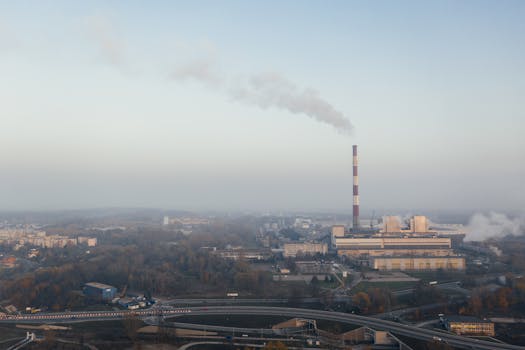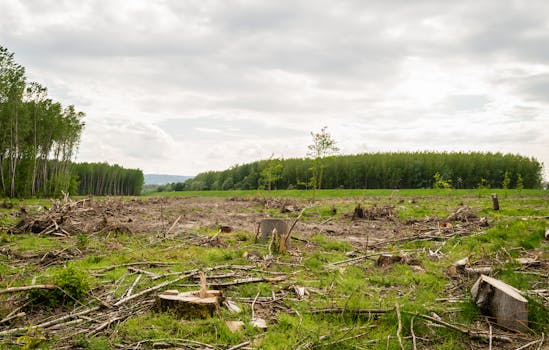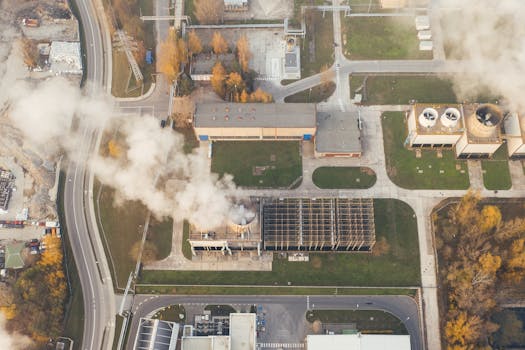
The Impact of Climate Change on Global Ecosystems
Climate Change is one of the most pressing issues of our time, with far-reaching consequences for the health of our planet. The impact of climate change on global ecosystems is a complex and multifaceted issue, with effects ranging from rising temperatures and more frequent natural disasters to altered species distributions and changed weather patterns.
Section 1: Introduction to Climate Change

Climate change refers to the long-term warming of the planet, which is primarily caused by the increasing levels of greenhouse gases in the Earth’s atmosphere. These gases, such as carbon dioxide and methane, trap heat from the sun and prevent it from being released back into space, leading to a rise in global temperatures.
The main cause of climate change is human activity, particularly the burning of fossil fuels such as coal, oil, and gas, which releases large amounts of carbon dioxide into the atmosphere. Deforestation and land-use changes, such as the clearing of forests for agriculture and urbanization, also contribute to climate change by releasing stored carbon into the atmosphere and reducing the ability of forests to act as carbon sinks.
Section 2: Impacts on Ecosystems

The impact of climate change on global ecosystems is widespread and varied. Rising temperatures are causing melting of polar ice caps and glaciers, leading to sea-level rise and altered ocean currents. This, in turn, is affecting marine ecosystems, including coral reefs, fisheries, and coastal communities.
Climate change is also altering the distribution of plants and animals, with many species shifting their ranges poleward or to higher elevations in response to changing temperature and precipitation patterns. This can lead to changes in community composition and ecosystem function, as well as extinctions and invasions of non-native species.
Furthermore, climate change is increasing the frequency and severity of natural disasters such as hurricanes, droughts, and wildfires, which can have devastating impacts on ecosystems and human communities.
Section 3: Consequences for Human Societies

The impact of climate change on global ecosystems has significant consequences for human societies. Rising temperatures and altered weather patterns are affecting agricultural productivity, leading to food insecurity and economic losses.
Climate change is also having impacts on human health, particularly in vulnerable populations such as the elderly, children, and those with pre-existing medical conditions. Warmer temperatures are increasing the spread of disease, heat stress, and other health problems, while more frequent natural disasters are causing mental health issues and social disruption.
In addition, climate change is affecting human migration and conflict, as people are displaced from their homes and livelihoods due to rising sea levels, more frequent natural disasters, and changed environmental conditions.
Conclusion

In conclusion, the impact of climate change on global ecosystems is a pressing and complex issue, with far-reaching consequences for the health of our planet and human societies. It is essential that we take immediate and sustained action to reduce greenhouse gas emissions, transition to renewable energy sources, and protect and restore natural ecosystems.
We must also work to support vulnerable populations and promote climate resilience, particularly in the face of more frequent and severe natural disasters. By working together, we can mitigate the impacts of climate change and ensure a sustainable and equitable future for all.



